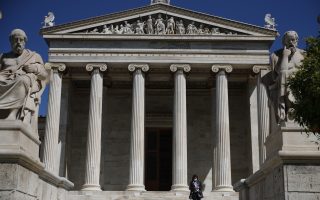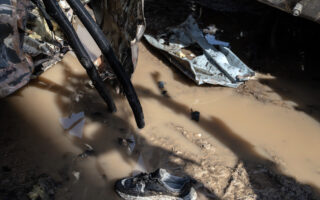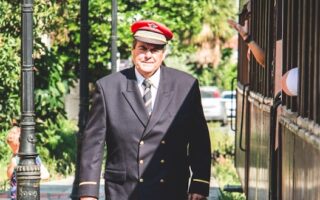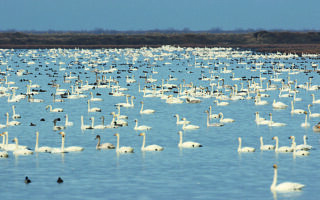After fatal Greek train crash, a campus simmers with rage
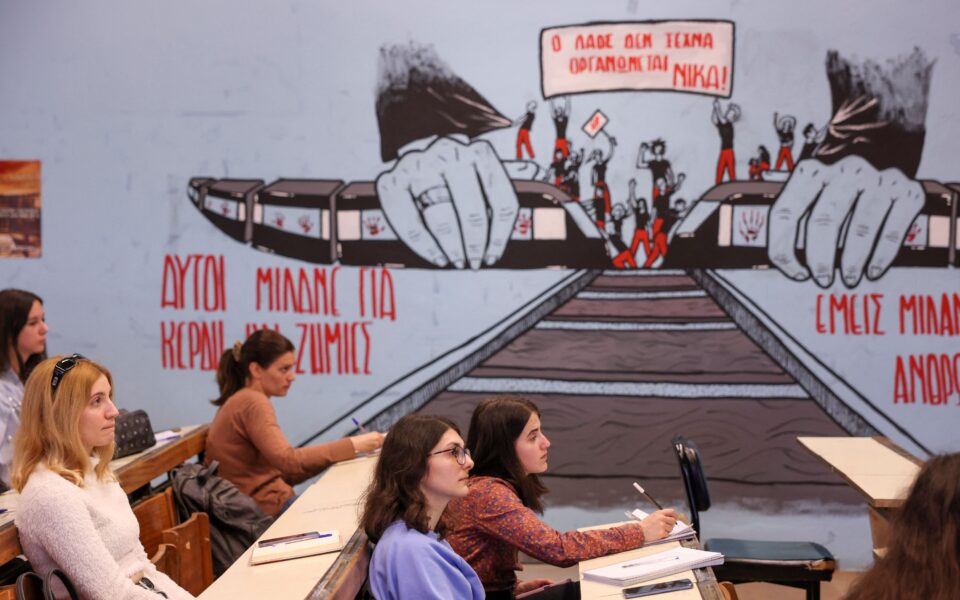
A month after 12 students at Greece’s largest university were killed in a train crash, messages of grief across the campus are tinged with rage.
“This crime will not be forgotten,” a note on a makeshift memorial at the Aristotle University of Thessaloniki reads.
Fifty-seven people died in the country’s deadliest rail disaster on Feb. 28, when a passenger train and a cargo train travelling on the same track collided head-on.
Many of the victims were students returning from a long carnival weekend and in the days after the crash, grief over their loss spilled into angry street protests at safety failings at the country’s ailing railways, which authorities have acknowledged.
“This intense sadness turned into rage,” said Konstantina Ksini, 22, an engineering student whose friend Agapi Tsaklidou was killed and who was shocked after seeing another funeral notice at the university’s entrance.
“It’s gut-wrenching. A funeral notice for a kid we knew… This broke me,” she said. “It infuriates us that this could have not happened.”
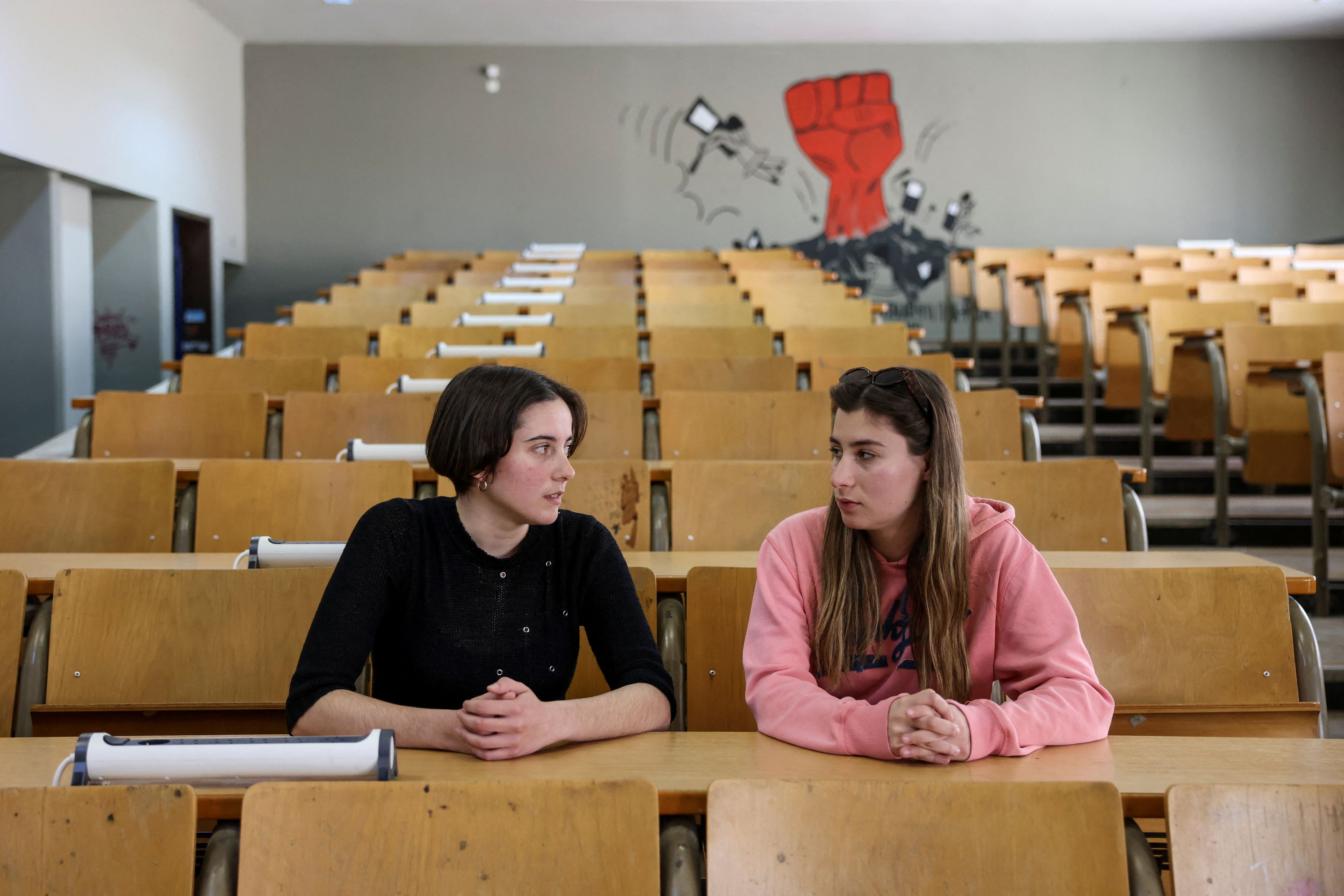
Electrical engineer student Konstantina Ksini, 22 and civil engineer student Evangelia Grigoriou, 22, whose friend Agapi Tsaklidou, a 23-year old topography student was killed at a train crash near Larissa, sit in a classroom during an interview with Reuters, at the Aristotle University of Thessaloniki, on March 29. [Alexandros Avramidis/Reuters]
The crash stirred anger against consecutive governments and a political system that has repeatedly ignored calls by railway unions to improve safety and hire more staff. The government has promised a transparent and thorough investigation.
“It is a shame for Greece, a European country in 2023, to have railways which are not safe,” said Lysimachos Papazoglou, a professor of veterinary surgery, whose 22-year-old physics student son Giorgos died.
Moments before the crash, Giorgos entered a cafe in a carriage that was obliterated.
“It’s as if there was a crack in the future, telling you the future no longer exists,” Papazoglou said, his gaze fixed on a photograph showing his two sons smiling alongside their mother in a swimming pool. “The kids were the future, not us.”
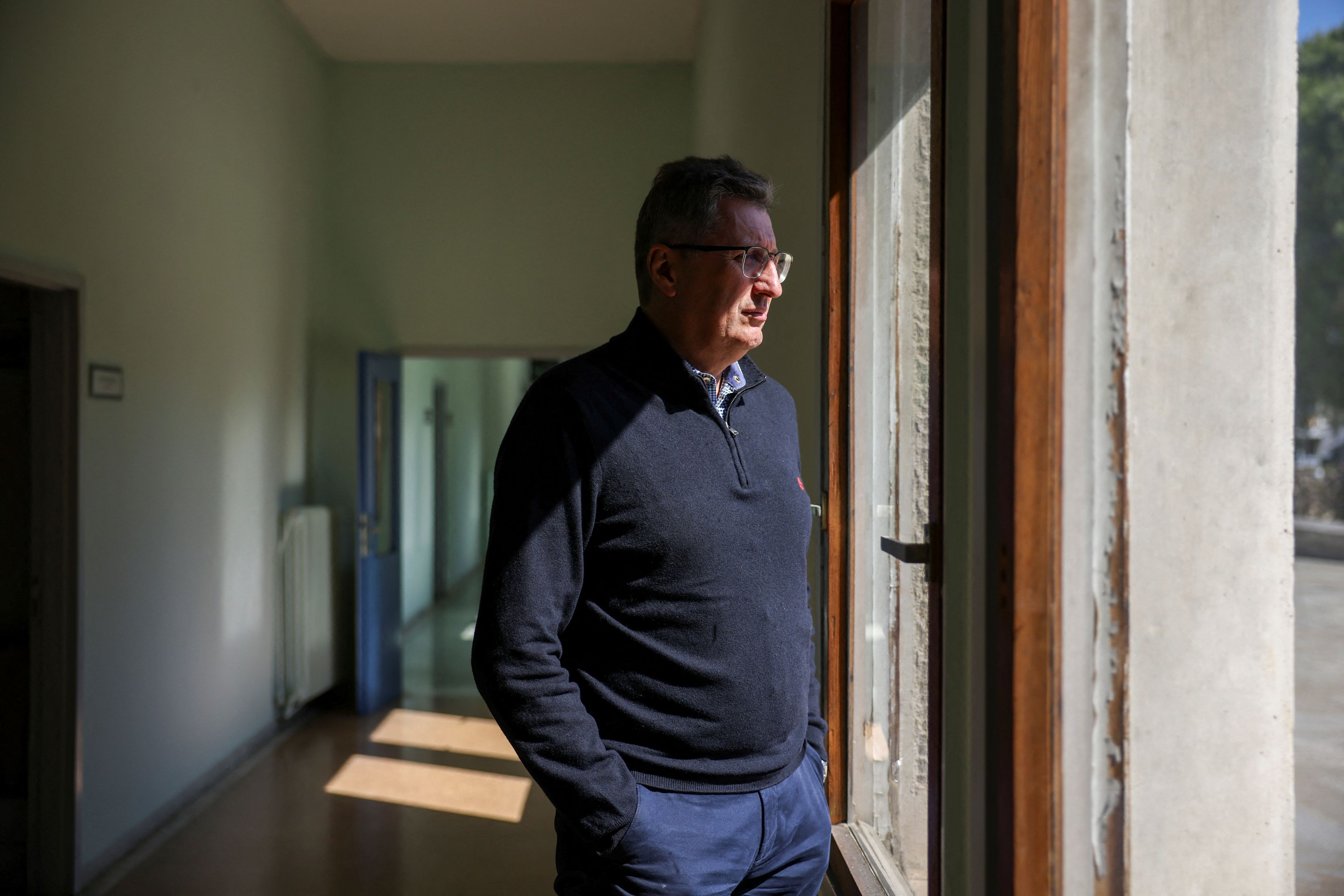
Associate professor of veterinary surgery Lysimachos Papazoglou, whose son Giorgos, 22, was killed at a train crash near Larissa, poses for a photo at the veterinary school of the Aristotle University of Thessaloniki, on March 29. [Alexandros Avramidis/Reuters]
A makeshift memorial lists the names of those killed alongside their departments. Twenty-six students were injured.
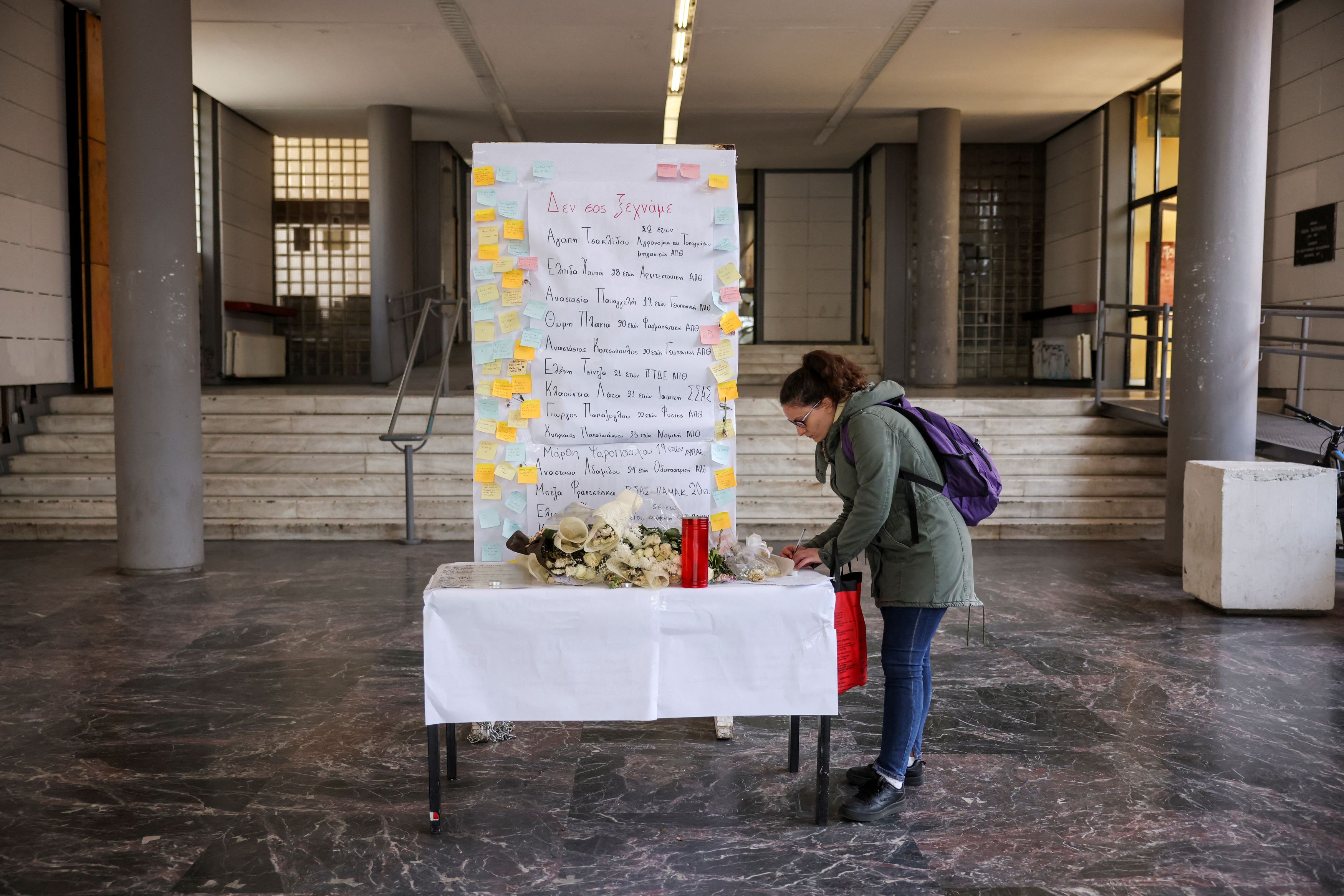
A student leaves a message at a shrine for the students of the Aristotle University of Thessaloniki who were killed at a train crash near Larissa, in Thessaloniki, on March 29. [Alexandros Avramidis/Reuters]
“We paid a heavy price in blood in this tragedy,” Rector Nikos Papaioannou said.
In the university cafes, corridors and classrooms, discussion has shifted to what can be done. “This sadness, this anger, we tried – as students – to turn it into a fight,” said Evangelia Grigoriou, a civil engineering student.
In a nearby classroom, a black-and-white drawing shows a derailed carriage with the word “murderers” in red. Elsewhere, a hand-drawn poster on window shows two trains crashing.
“We’ll be quiet when the kids are sleeping,” it reads. “Not when they’re killing them.”
[Reuters]
